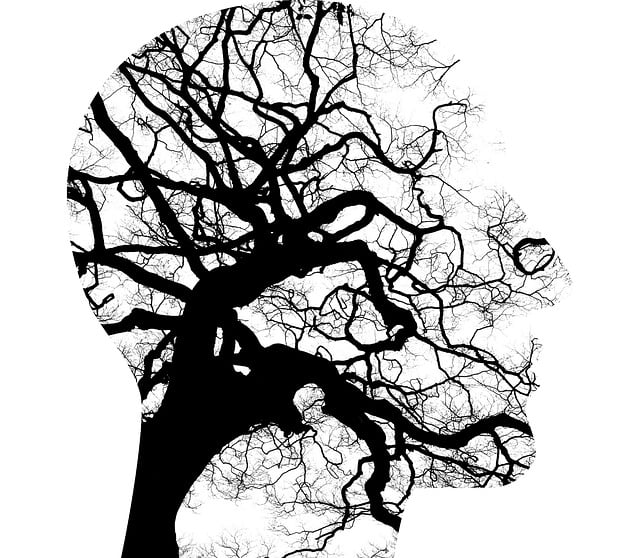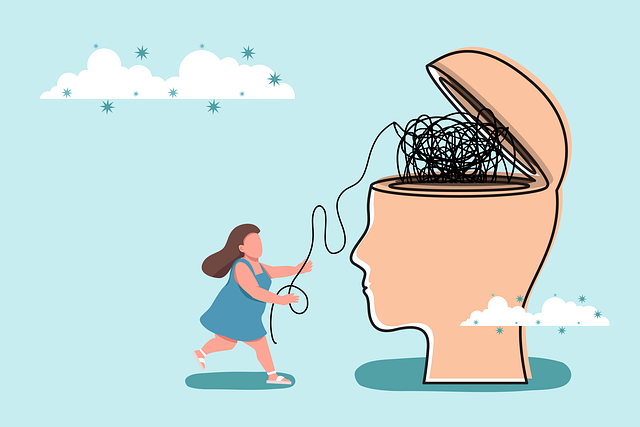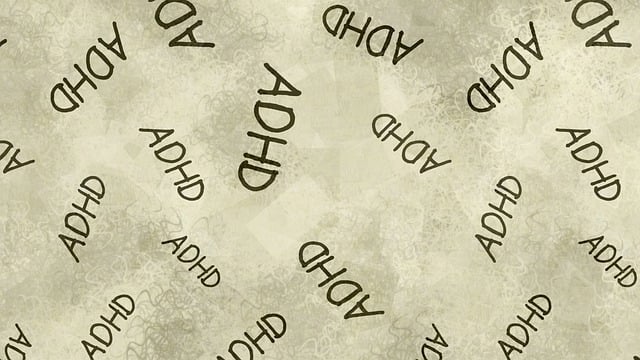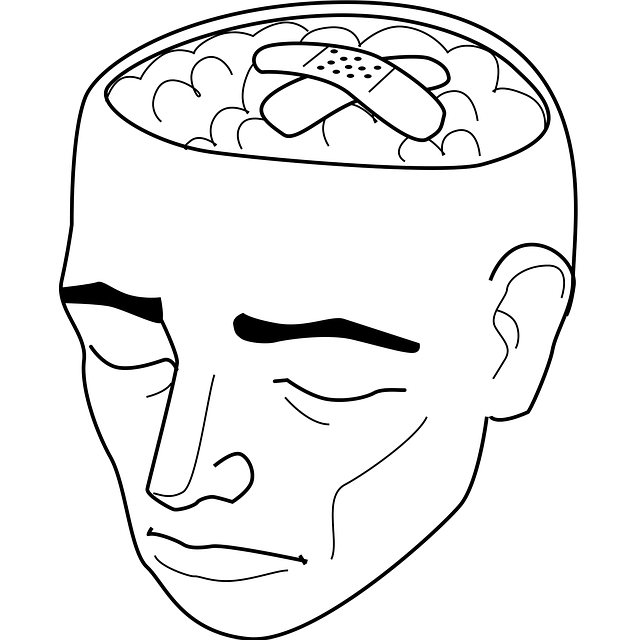In a fast-paced world where mental wellness is crucial but often overlooked, Broomfield Sexual Addiction Therapy (BSAT) highlights the importance of comprehensive self-assessment tools. These tools offer individuals a structured way to understand their emotional state, track progress, reduce mental illness stigma through confidentiality and diverse representation, and develop coping skills. Integrating BSAT principles, these assessments delve into complex dynamics, promote open communication, and encourage proactive self-care routines, fostering overall well-being and personal growth.
In today’s fast-paced world, mental wellness self-assessment tools play a pivotal role in individual well-being. This article explores the development of comprehensive assessments, emphasizing the need for accurate and holistic evaluations. We delve into designing effective tools, incorporating Broomfield Sexual Addiction Therapy principles to address nuanced aspects of mental health. By integrating these principles, assessment frameworks can provide deeper insights, enabling more tailored interventions and fostering positive change.
- Understanding the Need for Comprehensive Self-Assessment Tools
- Designing Effective Mental Wellness Self-Assessment Tools
- Integrating Broomfield Sexual Addiction Therapy Principles into Assessment Frameworks
Understanding the Need for Comprehensive Self-Assessment Tools

In today’s fast-paced world, prioritizing mental wellness is more crucial than ever. However, many individuals struggle to assess their psychological state accurately, often leading to undiagnosed issues and untreated conditions. This is where comprehensive self-assessment tools step in as vital resources for personal growth and therapy. Broomfield Sexual Addiction Therapy recognizes the importance of these tools in helping clients navigate complex emotional landscapes.
A well-designed mental wellness self-assessment tool can empower individuals to take charge of their psychological health. By providing structured frameworks, these assessments enable users to identify areas of concern, track progress over time, and gain valuable insights into their thoughts and behaviors. Moreover, they play a significant role in Mental Illness Stigma Reduction Efforts by encouraging open dialogue about mental health, fostering self-acceptance, and promoting Coping Skills Development. Effective tools can introduce individuals to practical Conflict Resolution Techniques, helping them manage interpersonal challenges and enhance overall well-being.
Designing Effective Mental Wellness Self-Assessment Tools

Effective mental wellness self-assessment tools are designed to be comprehensive yet user-friendly, acting as a gateway for individuals to understand their emotional and psychological state. These tools must go beyond basic mood tracking by incorporating validated scales to assess symptoms of common mental illnesses like anxiety and depression. For instance, the Beck Depression Inventory (BDI) or the Generalized Anxiety Disorder 7-Item Scale (GAD-7) can provide structured insights into an individual’s experience, helping to quantify their level of distress.
A crucial aspect of designing these tools involves addressing the Mental Illness Stigma Reduction Efforts by ensuring anonymity and confidentiality, fostering Empathy Building Strategies through relatable language and diverse representation in questionnaires, and promoting Coping Skills Development by offering resources or guidance for further support based on assessment results. Incorporating such features not only enhances the tool’s effectiveness but also contributes to a more inclusive and supportive mental wellness ecosystem, mirroring the innovative approach seen in Broomfield Sexual Addiction Therapy.
Integrating Broomfield Sexual Addiction Therapy Principles into Assessment Frameworks

Integrating Broomfield Sexual Addiction Therapy (BSAT) principles into mental wellness self-assessment frameworks offers a comprehensive approach to evaluating and addressing sexual behaviors and underlying issues. BSAT emphasizes the importance of understanding the individual’s history, beliefs, and experiences related to sexuality, which can provide valuable insights during the assessment process. By incorporating techniques from BSAT, such as detailed sexual history taking and behavioral analysis, therapists or assessors can uncover complex dynamics that may impact an individual’s mental wellness.
This integration ensures a multi-faceted assessment by considering not only symptoms but also the person’s relationship with sexuality, past traumas, and cultural influences. For instance, Crisis Intervention Guidance within BSAT techniques can help in managing acute distress related to sexual issues, while Communication Strategies foster open discussions, enhancing self-awareness and insight. Additionally, promoting Self-Care Routine Development for Better Mental Health is a key aspect of BSAT that can be seamlessly integrated into assessment frameworks, empowering individuals to take proactive steps towards improving their mental wellness.
Mental wellness self-assessment tools play a pivotal role in empowering individuals to take charge of their mental health. By integrating principles from innovative approaches like Broomfield Sexual Addiction Therapy, these tools can provide comprehensive insights into various aspects of an individual’s well-being. Effective assessment frameworks should be user-friendly, scientifically sound, and adaptable to diverse populations. Moving forward, the development and utilization of such tools will continue to foster a more holistic understanding and treatment of mental health concerns.














